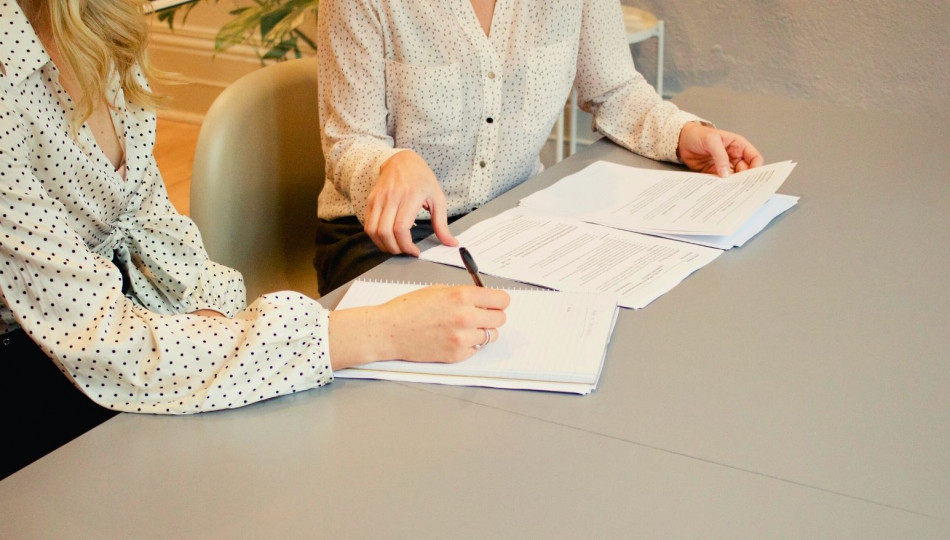Gender pay gap in Poland lower than EU average

Editor

related articles
Women in the European Union are paid on average 16.4% less than their male counterparts, the European Commission has reported. To put the figures into perspective, the European gender pay gap is equivalent to women working for free from 4th November until the end of the year. That is why the date of 4th November symbolically marked this year’s EU Equal Pay Day, which aims to raise awareness to gender disparities in earnings and their underlying causes. According to the European Commission, although sixty years have passed since the principle of equal pay for men and women was set out in the European Treaties, little has been done to improve the situation. As can be read in the statement issued by the European Commission, increasing pay transparency is key to narrowing gender pay gaps:
Knowledge is power, and therefore, the more we can improve transparency around the underlying causes of the pay gap, the better we will be able to tackle it. The pay transparency is important, so we can detect cases of pay discrimination and the employees and customers can draw their own conclusions and take action.
According to the recent Eurostat data, the EU pay gap has decreased by only 1% over the last 7 years. The biggest pay disparities between men and women have been noted in Estonia (25.6%), Czechia (21.1%), Germany (21%) and the United Kingdom (20.8%). Poland did well in the ranking, having one of the lowest pay gaps in the European Union (7.2%). The country ranked 5th in the chart, behind Romania (3.5%), Luxembourg (5%), Italy (5%) and Belgium (6%). However, it is worth noting that the discrepancies in earnings tend to be lower in countries with low female employment rates and, as reported by Statistics Poland last year, only around 50% of women in Poland (compared to 65% of all men) are professionally active. Higher pay gaps on the other hand, are characteristic of labour markets with higher occupational segregation (where a lot of women work in lower paid sectors) or a great number of women working part-time. Therefore, the European Commission has noted that improving the work-life balance of working parents could also help reduce gender inequality in the workplace.












